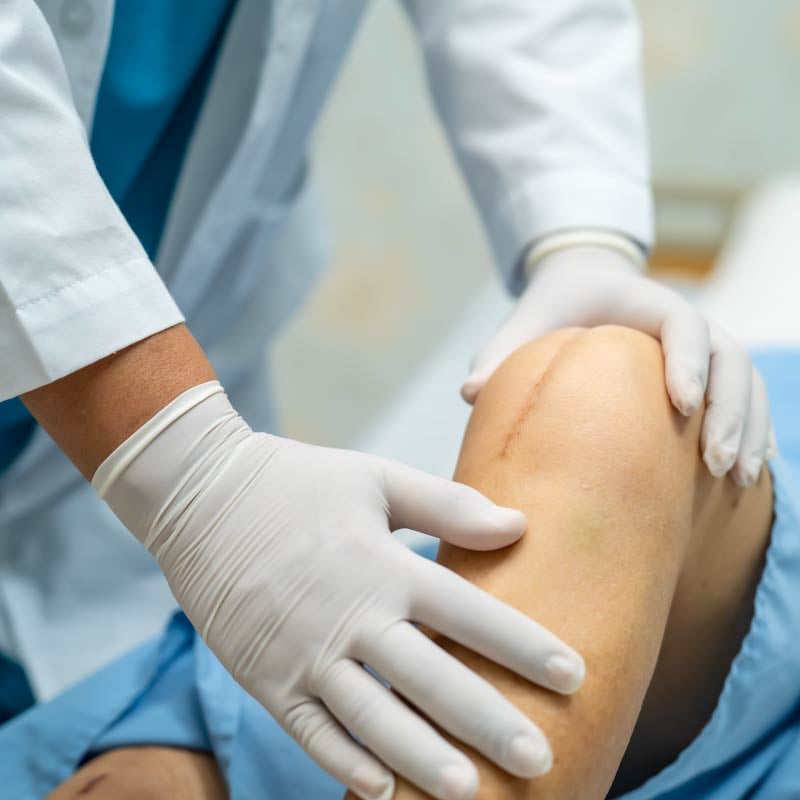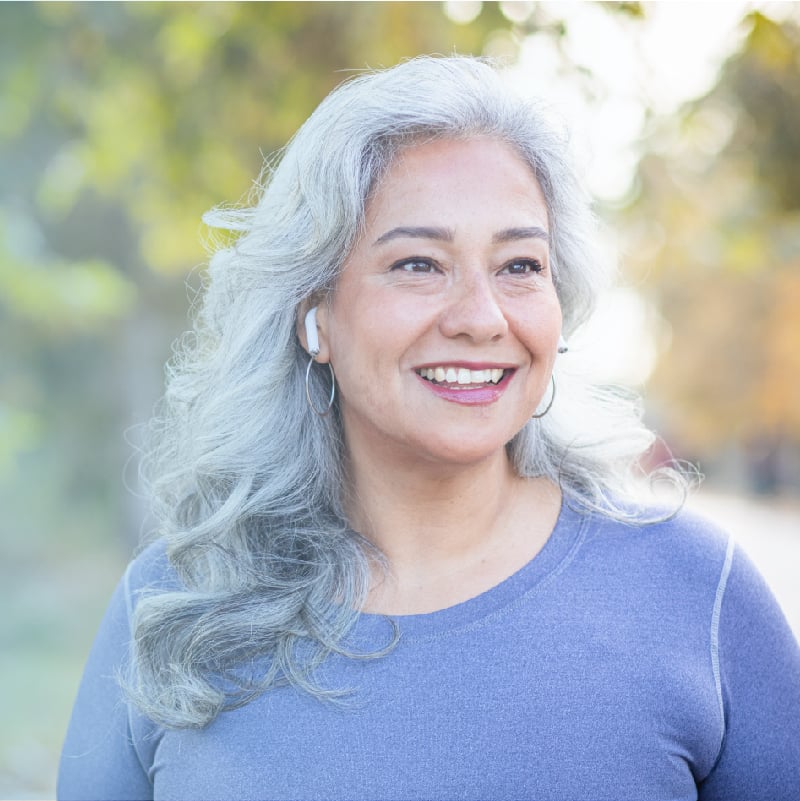Senior citizens in Monroe County and the surrounding counties served by Rochester Regional Health are aging faster than the rest of New York State – and New York is aging faster than many states in the entire country. When these older patients need surgery, their needs and risks are different compared to younger adults.
Rochester Regional Health is pioneering the first accredited Geriatric Surgical program in the nation that prioritizes protecting the independence of older patients and assisting them through any procedure with as few complications as possible.
Matthew Schiralli, MD, is the Eastern Region Chair of Surgery and Geriatric Surgical Program Director for Rochester Regional Health and Medical Director of the Upstate New York Surgical Quality Program. He explains how the program works, the seamless way support is directed to each patient according to their needs, and how it helps patients and families.
What is the program?
The Rochester Regional Health Geriatric Surgical Program is designed for patients ages 75 and older who are staying overnight in a hospital for any different type of surgery. Operating at Unity Hospital, Newark-Wayne Community Hospital, and Clifton Springs Hospital, the program benefits patients by focusing on individualized risk screenings and coordinating care that meets their unique needs.
Each patient who is hospitalized will have a multidisciplinary care team made up of experts in therapy, hospital medicine, nursing, anesthesiology and other necessary fields working together on a personalized care plan – all without having to ask for it. This specialized level of care begins before a patient undergoes their operation, continues during the operation and follows immediately afterward.
“We have built it into our normal processes so that it creates a new level of care that we provide to all patients,” Dr. Schiralli said.
Services provided
By using a multi-disciplinary approach to each patient’s care, the geriatric surgical program works to ensure that every aspect of care is thought through to reduce unnecessary risks and to ensure patients are set up for a successful surgery and recovery.
Our multi-disciplinary team includes:
- nurse practitioners and physician assistants in pre-admission testing offices
- surgeons
- anesthesiologists
- physical therapists
- occupational therapists
- speech language pathologists
- dieticians
- nursing leaders
- medication management providers
- pain management providers
- in-home services
Risk screening
One of the first things providers will do through this program is ask very specific questions with the goal of identifying specific risks for each patient.
As part of this screening, patients or their loved ones may be asked about
- nutritional risks
- ability to take care of themselves
- performing their own activities of daily living
- performing their independent activities of daily living
- memory capabilities
- thinking critically through problems
Through this assessment, providers are able to define what specific risks are related to surgery and anesthesia for each patient, then craft a care plan that is specialized for them.
One example given by Dr. Schiralli is about questions related to memory. If providers ask about a patient’s ability to recall different events and tasks, then challenge them, they may find it is not as strong as it once was. This important screening is done to avoid delirium following a surgery.
By identifying risk factors for delirium early, both the providers and the patient are able to plan for that possibility and make changes to the care plan in efforts to reduce the risk, allowing patients to get home quicker and remain independent.
“Sometimes these questions seem too personal and are worrying for patients because it feels like we might be trying to find reasons to take away their freedoms,” Dr. Schiralli said. “In fact, what we're doing is trying to promote their individual goals around care and also get them back to their level of function that they came into us with so that they can maintain their freedoms and maintain their independence at home.”
Cost effectiveness
There are no additional costs related to the Geriatric Surgical Program for most patients.
Regardless of what type of health insurance a patient has, they are eligible to undergo a risk screening. Some patients determined to have a higher risk may incur additional costs depending on the services they are referred to before having surgery.
The program coordinates the care through the patient’s hospitalization and, in doing so, reduces their risk of having a post-operative complication. These risk reduction efforts lessen patients’ risk of having more medical bills to take care of a post-operative complication.
“From a son who cares for his own aging parents, my parents are at lower risk when they go through hospitalizations with programs like these,” Dr. Schiralli said. “Hopefully that means they're going to have fewer complications, and the burden on the family is lessened when we coordinate care, anticipate risk and mitigate the risk. Then these patients are able to do better and have safer hospitalizations and get back to home.”








